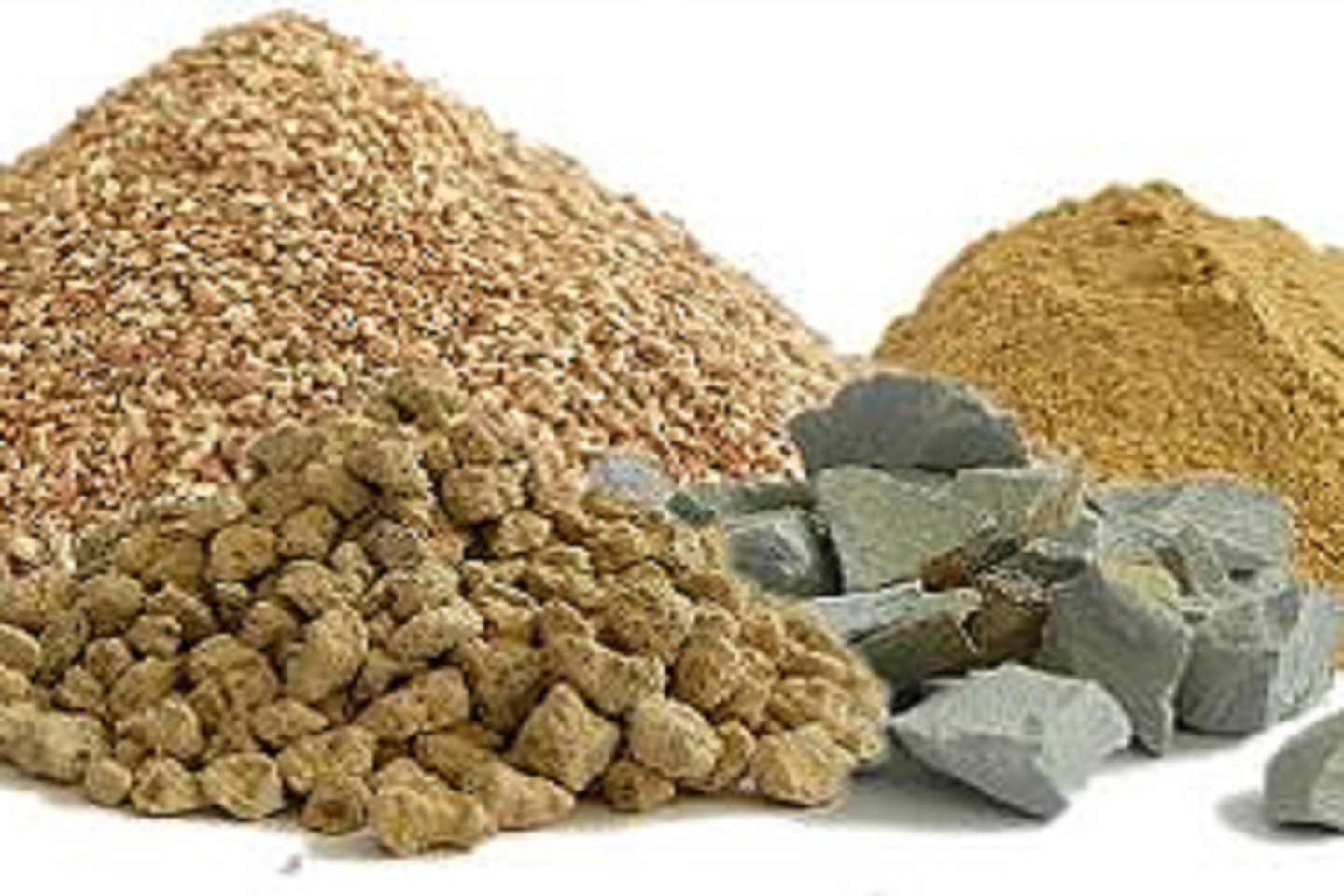Neometals is embarking on a collaborative research and development project with the Queensland University of Technology to build a synthetic “zeolite” manufacturing plant that will take waste produced from the lithium refining process and turn it into a potentially lucrative material that will have commercial value.
The R&D project will be co-funded to the tune of $2.57 million courtesy of the not-for-profit Innovative Manufacturing Cooperative Research Centre that was set up to co-fund, on a dollar-for-dollar basis, industry-led research projects for purely commercial outcomes.
During 2018, Neometals successfully turned lithium waste material into zeolite pay rock by converting spodumene waste. A typical operation that processes lithium-bearing spodumene mineralisation into Lithium hydroxide chemicals, would normally deliver almost 90% of the spodumene concentrate to waste.
Zeolite is a microporous, aluminosilicate mineral that is commonly used to remove carbon dioxide in air purification and moisture and hydrogen sulphide from natural gas.
According to Neometals, it is also highly sought after in the catalyst and petrochemical industries.
Market research firm Markets and Markets has estimated that synthetic zeolites can fetch up to USD$5,500 per tonne and the global market is about 2.4 million tonnes per annum with a total estimated value of about USD$13.7bn.
The option to produce zeolite from the leach residue came to light when the Queensland University of Technology became involved and established that Neometals’ zeolite products were of comparable quality to industry-leading products from a Japanese manufacturer.
Earlier this year, Neometals said the successful test work by the Queensland University of Technology provided the company with confidence to proceed with a pilot plant scale demonstration of the technology.
The University then started procuring critical equipment for the pilot plant, which began operating in the September quarter of 2019.
The ability to manufacture Type A zeolites from spodumene leach residue will not only reduce or eliminate waste disposal and associated costs from a typical lithium mining and refining operation, but it could also generate significant revenues.
With the new grant supporting the development of the pilot plant further, Neometals will start a class 4 engineering study and feasibility study, in parallel with further market evaluation, which is now nearing completion.
There is nothing quite so sweet as making money from waste material and at USD$5500 a tonne, Zeolite looks like it could quickly become something more than just a side hustle for Neometals if it can get the metallurgy to stack up.
Is your ASX listed company doing something interesting ? Contact : matt.birney@businessnews.com.au








